

"Zimbabwe's Crisis: Time for an African Solution or Sanctions?"
by George B.N. Ayittey, Ph.D.
___________________
Brutal repression in Zimbabwe has now sunk to low levels of moral depravity. On March 11, opposition activists gathering for a prayer meeting to discuss the country's mounting woes were savagely assaulted and beaten. One activist was shot to death. Morgan Tsvangirai, leader of the opposition MDC, was brutally clubbed and hospitalized with a cracked skull, a swollen eyelid and puffed face. Even the passports of opposition activists, such Arthur Mutumbura, Sekai Holland and Grace Kwinjeh, were seized by police to prevent them from traveling outside the country.
The barbarous atrocities against opposition activists drew worldwide condemnation – even from Zambian President, Levy Mwanawasa, who described Zimbabwe as a "sinking Titanic," which millions were abandoning. Further, he assailed South Africa's ineffective policy of "quiet diplomacy" toward Zimbabwe, saying it has not produced results.
The crisis in Zimbabwe demands an urgent resolution. The economy has virtually collapsed. Inflation is running at 1,700 percent. There are rampant shortages of nearly all essential necessities. Unemployment rages at 70 percent and HIV/AIDS ravages the population. More distressing, the ruling ZANU-PF party of President Robert Mugabe is stone-deaf, hopelessly blind, and clueless. Impervious to reason, appeals and even international condemnation, it does not see the failures of its own policies, preferring to blame the West and colonialism for Zimbabwe's woes. Meanwhile, his daughter, Bona, is studying at the London School of Economics, according to the Guardian Unlimited (March 26, 2007).
Even more disconcerting is the impotence of the Southern African Development Community (SADC), the regional organization, the African Union (AU) and the international community to effect real change and bring relief to the suffering people of Zimbabwe. Namibia gives the dodge by claiming it is an "internal matter." "Quiet diplomacy" by President Thabo Mbeki of South Africa has been a miserable fiasco. And "smart sanctions" by the U.S. and the European Union, imposed after fraudulent elections in 2001, have failed to dislodge the Mugabe regime or bring change. Now, the international and African community is divided over what to do next.
Past efforts to resolve the Zimbabwe crisis failed because they appealed to the good sense of the Mugabe regime to initiate change. But the depth of the crisis in Zimbabwe is such that the government of Robert Mugabe alone cannot solve it; nor can the MDC or any single individual or political party. Hence, it must take the collective action of all Zimbabweans. As such a mechanism must be established that permits this. Fortunately for Zimbabwe, it does not have to re-invent the wheel. Such a mechanism, known as the "Sovereign National Conference" (SNC) already exists in Africa itself and derived from Africa's own indigenous institution of village meeting.
When a crisis erupts in an African village, the chief and the elders would summon a village meeting and put the issue before the people. The village assembly or meeting is a common feature of traditional African political systems. It is called asetena kese by the Ashanti of Ghana, ama ala by the Igbo of Nigeria, guurti by the Somali, pitso by the Xhosa of South African, ndaba by the Zulu and kgotla by the Tswana of Botswana. At the village assembly the issue is debated by the people until a consensus is reached. During the debate, the chief makes no effort to manipulate the outcome or sway public opinion. Nor are there bazooka-wielding rogues, intimidating or instructing people on what to say. People express their ideas openly and freely without fear of arrest. Those who cared participate in the decision-making process. No one is locked out. Once a decision is reached, it is binding on all, including the chief.
In the early 1990s, this indigenous African institution was revived by pro-democracy forces in the form of "sovereign national conferences" to chart a new political future in Benin, Cape Verde Islands, Congo, Malawi, Mali, South Africa, and Zambia. Benin's nine-day "national conference" began on Feb 19, 1990, with 488 delegates, representing various political, religious, trade union, and other groups encompassing the broad spectrum of Beninois society. The conference, whose chairman was Father Isidore de Souza, held "sovereign power" and its decisions were binding on all, including the government. It stripped President Matthieu Kerekou of power, scheduled multiparty elections that ended 17 years of autocratic Marxist rule.
Congo's national conference had more delegates (1,500) and lasted longer three months. But when it was over in June 1991, the 12-year old government of General Denis Sassou-Nguesso had been dismantled. The constitution was rewritten and the nation's first free elections were scheduled for June 1992. Before the conference, Congo was among Africa's most avowedly Marxist-Leninist states. A Western business executive said, "The remarkable thing is that the revolution occurred without a single shot being fired . . . (and) if it can happen here, it can happen anywhere" (The New York Times, 25 June 1991, A8).
In South Africa, the vehicle used to make that difficult but peaceful transition to a multiracial democratic society was the Convention for a Democratic South Africa (CODESA). It began deliberations in July 1991, with 228 delegates drawn from about 25 political parties and various anti-apartheid groups. The de Klerk government made no effort to "control" the composition of CODESA. Political parties were not excluded; not even ultra right-wing political groups, although they chose to boycott its deliberations. CODESA strove to reach a "working consensus" on an interim constitution and set a date for the March 1994 elections. It established the composition of an interim or transitional government that would rule until the elections were held. More important, CODESA was "sovereign." Its decisions were binding on the de Klerk government. President Frederick de Klerk could not abrogate any decision made by CODESA -- just as the African chief could not disregard any decision arrived at the village meeting.
At a joint Councilors Meeting between Inkatha Freedom Party and the Democratic Alliance, Tony Leon, leader of the AD, said on March 15, 2002:
"Perhaps the most significant interaction, until now, took place during the eight months of the "Natal KwaZulu Indaba," back in 1986.
The Indaba foreshadowed the negotiations of the 1990's in important ways. It brought to the same table South Africans from every group and background; it was premised on a need to overcome the racial divides and inequalities of Apartheid without resorting to violence; it considered and adopted a set of proposals that were inspired by many of the same values and principles now enshrined in our democratic constitution . . .
And so the Indaba inaugurated the principles and articles of the Indaba Constitution, which prefigured many of the details in the Republic of South African Constitution" (IFP website: www.ifp.org.za)
Clearly, the vehicle exists -- in Africa itself -- for peaceful transition to democratic rule or resolution of political crisis. This vehicle worked in Benin, South Africa and Zambia and will work in Cameroon, Chad, Ivory Coast, Sudan, Uganda, Zimbabwe and the other African countries where de facto political apartheid reigns. This is the vehicle all stake-holders in Zimbabwe must insist on for Zimbabweans to solve their own internal problem. It is the same vehicle all outside Zimbabwe – from SADC, the AU to the UN and the U.S. Congress – must insist on for peaceful change in Zimbabwe.
President Kufuor of Ghana, in his capacity as the new AU Chairman, should enjoin all member states to insist on the convocation of a SNC, not just ask Mugabe and opposition activists to "talk to one another." African sanctions should be imposed if the Mugabe regime fails to comply. Such sanctions may include the blockade of land-locked Zimbabwe by SADC member countries and a cut-off of electricity by South Africa.
AU Commission Chairman, Prof. Alpha Oumar Konare, the former president of Mali, is fed up with the old policy of "non-interference in the internal affairs of member states." He wants this policy replaced with "non-indifference." At the January meeting of the AU Executive Council in Addis Ababa, he warned that: "We have to assume our principle of non-indifference [defined as] courteous and united interference [in member countries]. If we cannot tell the truth, we are heading for disaster" (New African, March 2007; p.11).
Indeed, the alternate scenario is horrific. If nothing is done in Zimbabwe, there will be a complete meltdown and implosion -- as was the case in Liberia (1991), Somalia (1993), Rwanda (1994), Burundi (1993), Zaire (1996), Sierra Leone (1999), Ivory Coast (2000) and Togo (2005). And the cost of rebuilding and putting Zimbabwe back together will be enormous. Thus it is a question of act now or pay a much higher price later.
________________
The writer, a native of Ghana, is a Distinguished Economist at American University and President of the Free Africa Foundation, both in Washington, DC. His latest book is Africa Unchained by Palgrave/MacMillan.
The writer is at ayittey@american.edu and requests for comments.
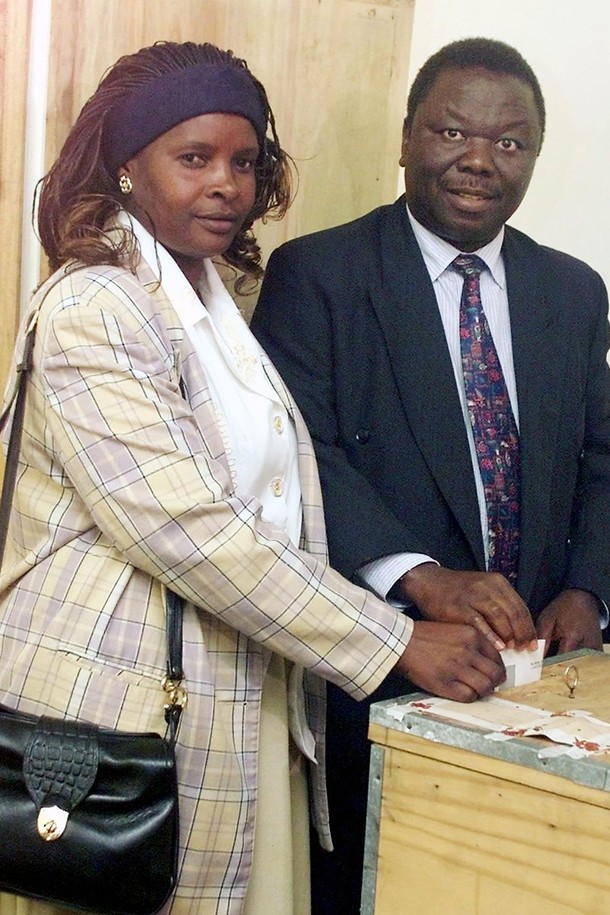


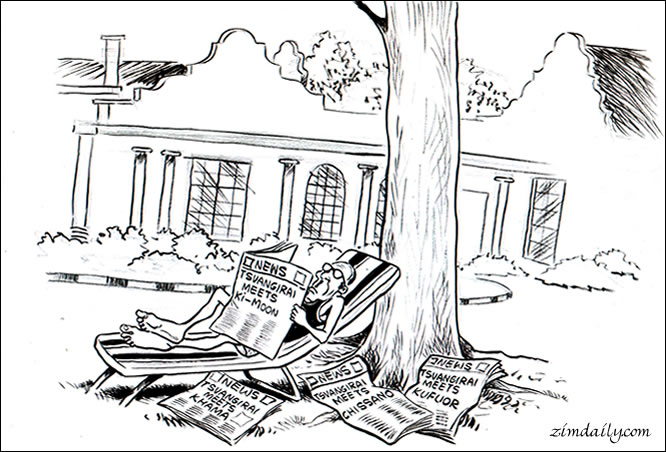




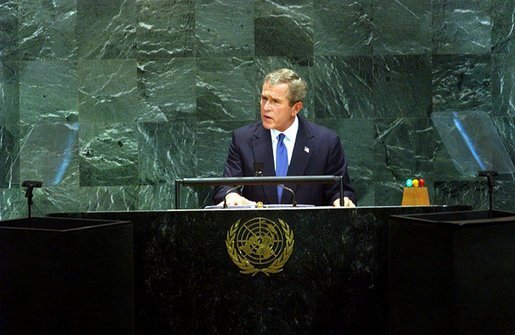
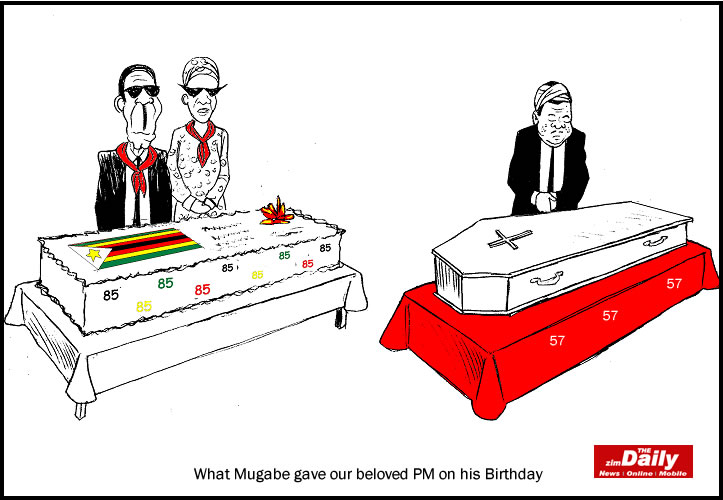




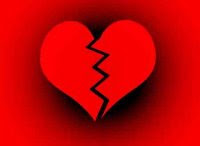



No comments:
Post a Comment